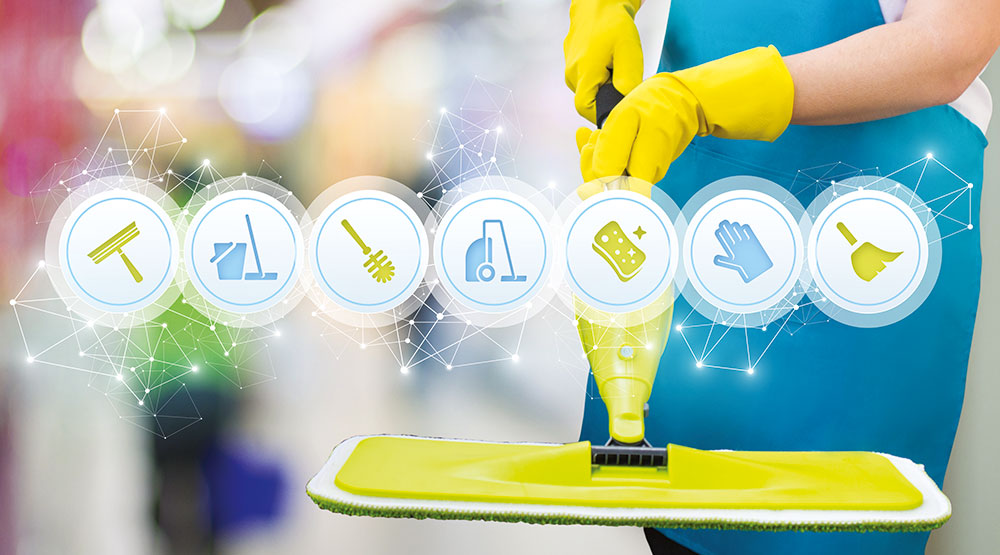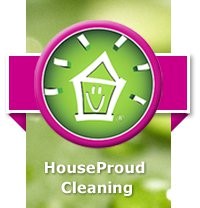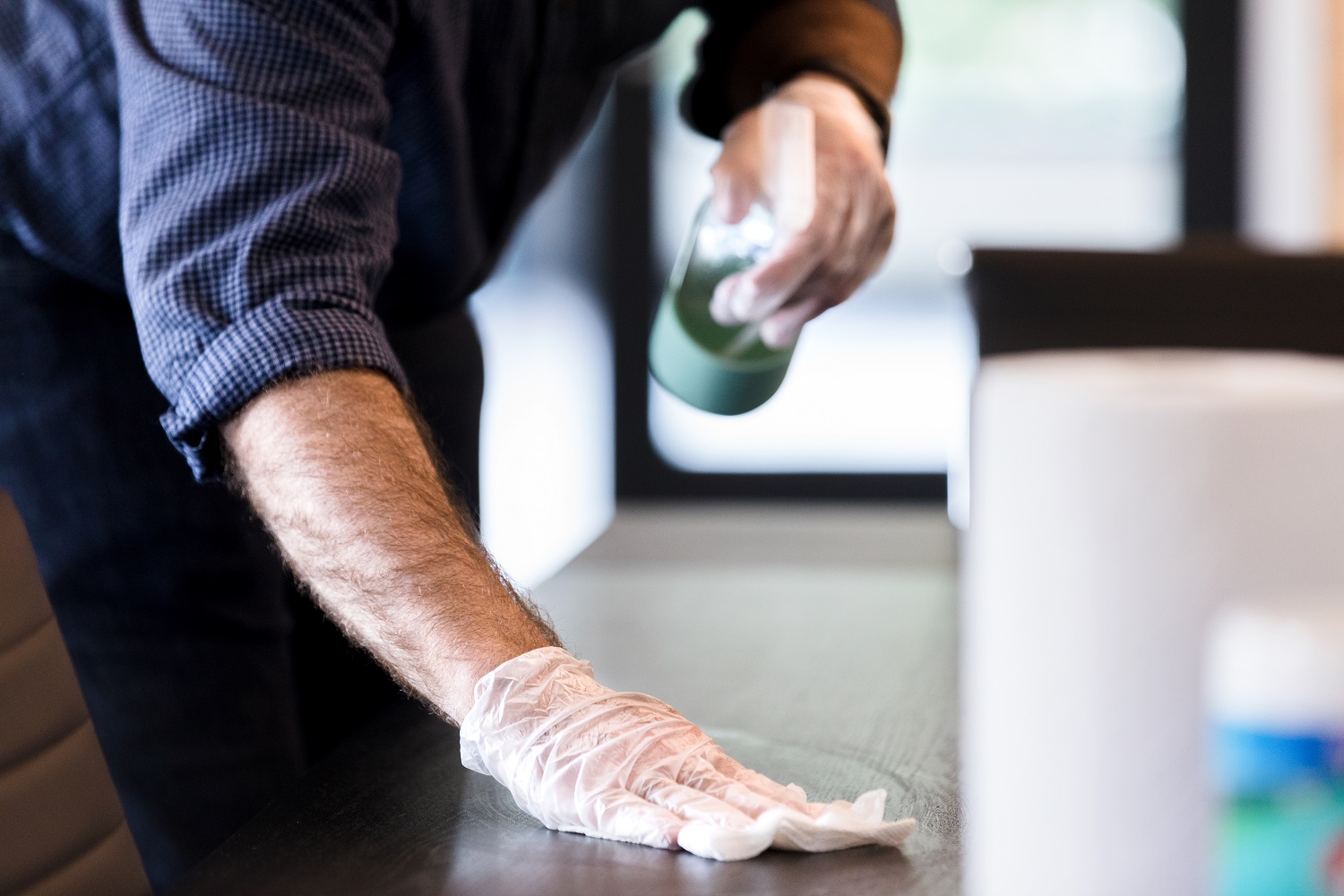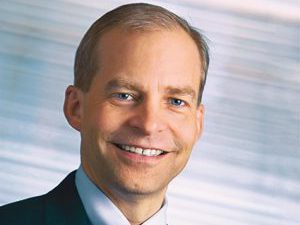
Business is not getting easier. We all know that. Everything takes more time than was anticipated, with increased distractions and tougher demands at every level of the business.
And as we grow it is not just our own discipline and application we need to rely on. We need to rely on others, and we need to pay those others to do work that is profitable.
This is a matter of survival. To survive we must be profitable … selling and delivering our services for more than they cost us.
Today we are going to explore the cost of time and the gold mine of technology that can deliver sustainable profits.
Where are the biggest costs?
The simple answer is your people. Labour makes up more than 50 per cent of the cost base of all commercial cleaning companies.
The regular hourly rate for a cleaner in Australia is $21.73 and up to $27 an hour when working in the evening or weekend.
At just under $1000 per week per person, and more than a $1M cost line for a firm with only 20 people.
Labour is a cost line we all pay close attention to with small improvements promising big bottom-line impacts.
But people are hard! They think differently to you (um … didn’t we hire them to do that?) and they see things in their own way (shock horror!). Isn’t that what we wanted, so we can get on with other things?
“So why isn’t the work done as I expected it to be” you ask. Or how the client expected? Is what you determine as ‘clean’, versus the client, or the cleaner, all very different? You bet they are!
Standards recover those sneaky minutes
Defining standards, reminding the team of these standards and then checking on them periodically is one of the biggest time-sinks in any team.
We have clients of getfreshops.com reporting they spend over 20 per cent of their time site inducting, training and reminding staff what is required and how much is enough (where diligent, over-servicing is most often the culprit).
But the real culprit is repetitive training and repeat reminders. We can stop this by simply having an ability to show the team what we mean, or to remind them of the process to adopt on a particular task so they don’t overdo it with consumables, use the wrong equipment or overservice a task.
Say it once, say it clearly and never have to say it again (unless the client expectations change of course), that is what a great field management tool can offer. Make sure yours includes visual training, task tips and reminders on tasks as they are done.
Time as currency
The time to do these activities must be tracked accurately and consistently over time for fixed tasks to allow for reporting and reconciliation to these expectations.
It is incredible how many of us focus in other areas and hope the people-time aspect will sort itself out, or we will know where the slack is to be found.
We review our consumables such as gloves, cleaning cloths, solutions, etc. to find the last few cents we can, but they only make up 3 per cent of our cost base.
Or we negotiate like crazy for lower capex to purchase Equipment, knowing they make up at most our 5-10 per cent of cost base based on the type of cleaning we do. And still the people costs continue with slack from top to bottom of the organisation just waiting to be found.
Isn’t it ironic that the real cost savings of most equipment purchases is the time you save for the operator? Yet many businesses don’t have an ops tool to save lost time on all workers across the whole week!
And hey, it isn’t just you. At trade shows for our industry 90 per cent of the stands are for these minor cost lines that represent just 10 per cent of your costs.
The lost time within your team and the work they perform that is different to the specified work is a veritable gold mine.
Here is how you start tapping into it…
Supervisory hours are under attack
To be profitable the modern cleaning company must be very productive. Tight margins and leaner management practices at senior management are leading to the pursuit of lower “manager to team member” ratios as possible.
With the work heavily regulated in the field, the supervisory level is a logical place to drive efficiency and deliver a competitive cost advantage. But only if work quality, contract compliance, rework and customer experience is maintained.
This is not always the case as the responsibility for the work delivered sits with the employee or contractor that is working remotely.
Without reliable, mobile workforce software these supervisors will find it very hard to provide their team ongoing training, micro-refreshers when doing the work and to overcome the issues of self-reporting T&A or quality.
Empowering your people to “own” their work
When you are at 5 people, almost anyone can schedule work one-on-one, manage your team via their diary (or email calendar), communicate directly, and decisions are made quickly and explained if needed, leaving little room for politics.
But as your company grows to 30 then 50 or more all of the challenges become very real. This is where technology comes to the rescue for field services companies.
With great field services software you can set your vision of what is expected overall, remind staff of this regularly, set priorities for each client and manage right down to specific actions that ensures your team excels at each and every task. Managing excellence from the ground up, every minute of every day.
Embedding excellence into the whole team
Once you are clear on expectations you can remind the whole team at key moments in their workflow what success looks like and how this is measured.
This leads to deeper ownership of the work and a more personal responsibility by the person doing the work.
Avoiding management of your people costs with real accuracy and objectivity is avoiding doing the hard thing. But what is hard about is not the people piece, it is implementing the system to manage the process. The really great news is that with off the shelf software, that is no longer hard (or expensive).
Martin Callan is the CEO of www.getfreshOps.com. The author can be reached at martin@getfreshOps.com.
Comment below to have your say on this story.
If you have a news story or tip-off, get in touch at info@incleanmag.com.au
Sign up to INCLEAN’s newsletter.



